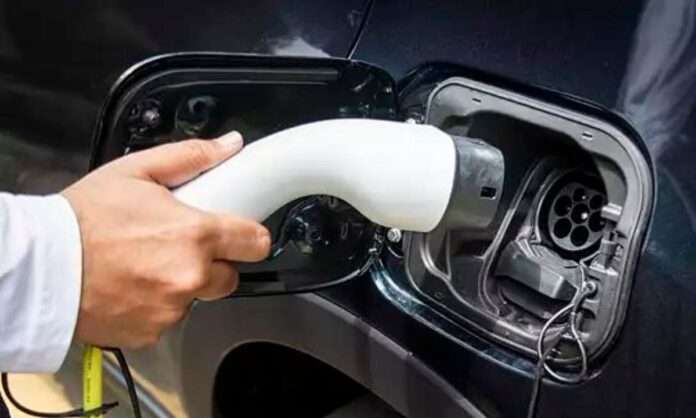Union Budget 2023 Effect On Auto Industry
Nirmala Sitharaman, India’s Finance Minister, announced the Union Budget 2023-24, with a significant emphasis on green energy and making electric vehicles accessible to the public. Surprisingly, the government has increased the income cap in the new system from Rs 5 lakh to Rs 7 lakh.
The following are the major highlights for the car industry in the Union Budget 2023.
Electric cars (EVs) are projected to be less expensive.
The government has announced the elimination of customs duties on the import of certain items and machinery used in the production of lithium-ion batteries for EVs. This is projected to gradually lower the cost of domestically made EVs in the country. The new declaration is expected to inspire domestic electric car makers to expand their product lineup.
increased emphasis on flex-fuel cars
Denatured ethyl alcohol (commonly known as Ethanol) has been developed by the Indian government for use in the production of industrial chemicals. The government intends to increase ethanol output and anticipates that vehicles will be completely flex-fuel capable by 2025. From April 2023, the vehicles must be ethanol-material compliant.
Particular attention is placed on car scrappage policy.
The finance minister announced that additional funding will be dedicated to scrapping outdated vehicles, including federal and state government ambulances. The benefits for scrapping private automobiles remain unchanged for the general public. The new breakthrough will assist the country’s automakers.
‘The Union Budget 2023-2024 unveiled by Finance Minister Nirmala Sitharaman is progressive, conservative, and growth-led, with a focus to providing emphasis on public savings,’ stated Banwari Lal Sharma, CEO, of Consumer Business, CarTrade Tech Limited. It’s a “green budget” for the car and transportation industries. The sustainability initiatives announced on green hydrogen and other energy sectors will contribute to the government’s goal of carbon neutrality by 2070. Increased capital expenditures on energy transition are anticipated to stimulate investment and skill development in a green economy.
The viability gap finance for battery energy storage systems is also anticipated to generate crucial infrastructure, and customs duty reduction on capital goods for Lithium battery production will promote speedier EV adoption.
Increased infrastructure expenditure, the construction of 50 new airports and heliports, and the development of 100 transportation infrastructure projects are all positive steps, in addition to government assistance for replacing obsolete cars. All of this should boost car usage and overall demand.’






